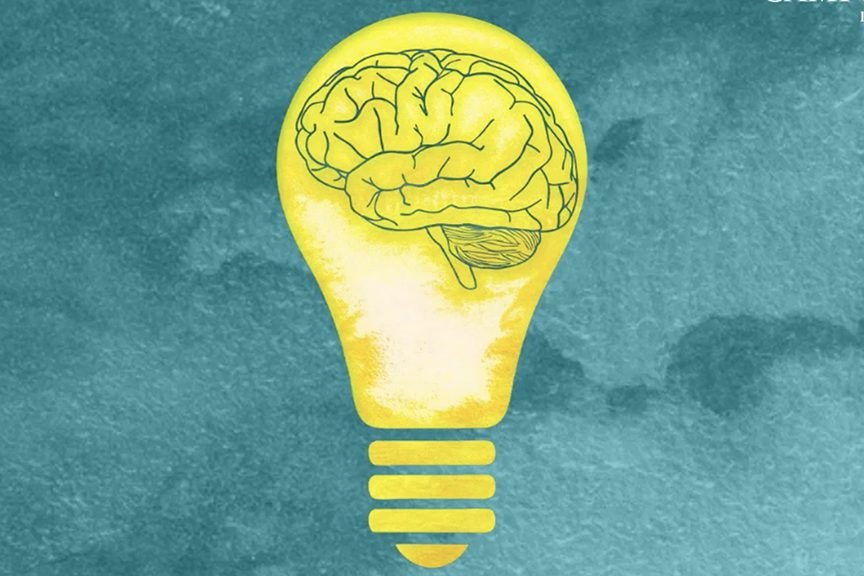
By Eric Schoenberg, PhD | Contributor
While I am not a therapist or counselor, my extensive study and teaching in human behavior for over thirty years have led to a focused interest in higher education students, influenced by my roles as a Professor at Columbia University and as the Director of CampusWorks, collaborating with educational institutions nationwide. I recently shared some concise thoughts aimed at students, faculty, staff, and anyone interested in boosting mental health during challenging times. This does not serve as a substitute for professional counseling or medical assistance. Here are my personal insights that I hope will assist you during these pandemic times.
1. Go for a walk.
I can assure you that physical activity is beneficial for your health. If you’re concerned about contracting COVID-19, improving your health significantly decreases both the chances of catching the virus and the severity if you do. There’s ample evidence that regular exercise lowers stress levels and enhances sleep quality.
Many gyms may still be inaccessible, but the great news is that research indicates that simply walking briskly for thirty minutes or more on most days can lead to considerable health benefits. You don’t need to engage in strenuous or complicated workouts. Walking is simple, requires no special skills or gear, and gets you outside. Incorporating basic strength exercises two to three times a week amplifies the health advantages.
I’m sure there are beautiful places nearby for walking, but if walking feels monotonous, I suggest exploring some excellent free podcasts.
[Consider these podcasts: Against the Rules, Cautionary Tales, The EdUp Experience, Hardcore History, A History of the World in 100 Objects, In Our Time: History, and Revisionist History]
2. Do someone a favor.
Not specifically for me, though I wouldn’t mind if you chose to! However, doing a favor for someone else is worthwhile, as growing research supports the notion that it’s more fulfilling to give than to receive. Studies reveal that individuals instructed to spend money on helping others report greater happiness than those directed to spend on themselves. Interestingly, one study discovered that the group helping others had lower blood pressure two years later!
Additionally, doing favors for people can also enhance how much they like you! This sounds like a classic win-win scenario.
3. Say a little prayer…
…of gratitude, that is. Expressing gratitude has been shown to have psychological benefits, acting almost like a wonder drug in multiple ways. Here are three key benefits:
• Firstly, gratitude helps individuals better cope with stress and trauma; those who regularly practice gratitude are less inclined to have vivid traumatic memories, and when they do, those memories are less intense.
• Secondly, gratitude seems to diminish negative feelings like anger, bitterness, and guilt.
• Lastly, cultivating gratitude encourages the enjoyment of positive life experiences.
You can incorporate gratitude into your life in several ways: simply thinking about what you’re grateful for may suffice, or you might keep a daily gratitude journal. Alternatively, consider taking the step to express your thanks directly to someone who has made a positive impact in your life.
About Eric Schoenberg, PhD:
Adjunct Associate Professor, Columbia University
Dr. Eric Schoenberg researches the psychology of money and market bubbles, having taught behavioral economics, decision-making, and leadership at Columbia Business School, Wharton School of the University of Pennsylvania, NYU’s Stern School of Business, and the Haas Business School of the University of California at Berkeley. He possesses a PhD in Psychology from Columbia University, an MBA from the Wharton School, where he was a Palmer Scholar, an MSE in Computer and Information Science from the University of Pennsylvania, and an AB in Biology from Harvard.






